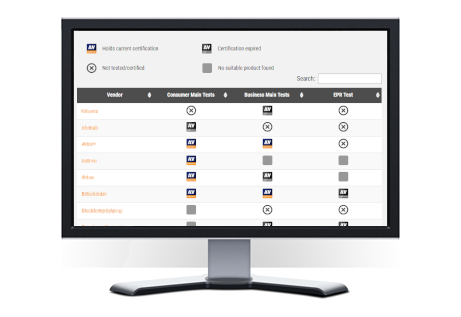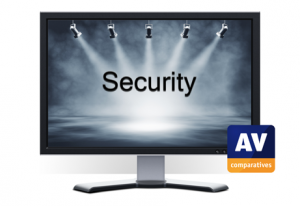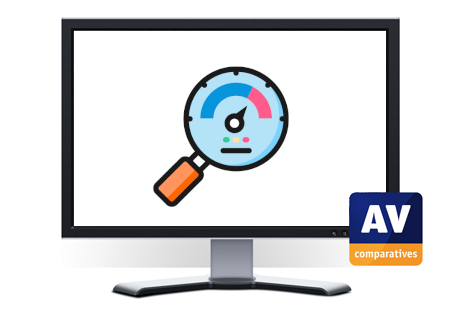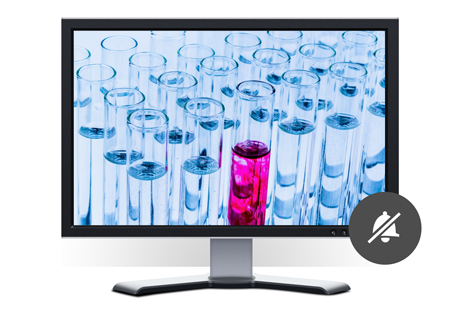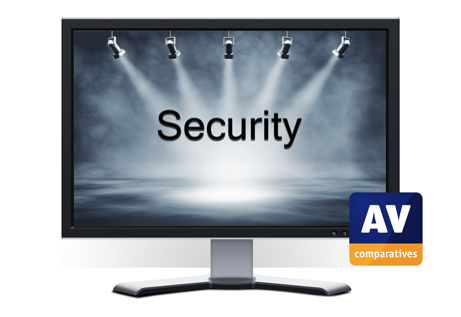In response to the ever-evolving digital landscape, we’re excited to introduce the “IT Security Products Overview.” This compilation features 50 respected vendors, offering a practical guide for those looking to make informed decisions in the realm of cybersecurity. https://www.av-comparatives.org/security-products-overview/
Tag: Spotlight on security
The difference between AV-Comparatives’ EPR Test and MITRE ATT&CK Engenuity
Both the AV-Comparatives EPR Test and MITRE Engenuity have their merits, each providing useful insights into endpoint security solutions. Understanding the differences between these two tests is essential for IT managers, CISOs, and other tech-savvy professionals looking to select endpoint security solutions that will effectively protect their environments.
Origin & Evolution: An In-Depth Exploration of Advanced Persistent Threat (APT) Groups
This blog post explores the identification of APT (Advanced Persistent Threat) Groups and their attribution in cyber-attacks. Furthermore, it delves into the intriguing scarcity of groups originating from Western countries.
The Significance of NIS-2 Compliance and AV-Comparatives’ Role
The balance between performance (low speed-impact) and real-time detection – Enterprise products
In our most recent report, we continue our investigation into the potential impact of performance-enhancing measures implemented by anti-virus vendors on the malware detection capabilities of their products. Building upon last year‘s findings, we now shift our attention to enterprise products in this blog post. By applying the same methodology, our objective remains consistent—to assess the consistent malware detection performance of enterprise security products in specific scenarios. We maintain uniformity by utilizing the identical settings employed in our enterprise main-test series.
Dealing with False Positives: Reporting Issues to Antivirus Vendors
False positives can be a frustrating experience for users of antivirus software. Imagine you’re working on an important project or downloading a harmless file, only to have your antivirus flag it as a potential threat. While antivirus software plays a crucial role in protecting our systems, false positives can sometimes occur due to various reasons. However, the good news is that many antivirus vendors actively encourage users to report false positives they encounter, helping improve the accuracy of their detection systems. In this blog post, we will provide a list of popular antivirus vendors and their websites, where you can easily submit false positives for investigation.
Beware of Fake Online Shops and Fake Websites
In recent years, the Internet has become an indispensable part of our daily lives. We use it for communication, shopping, entertainment, and more. Unfortunately, with the convenience of the Internet comes the potential for malicious actors to exploit it. Two of the many forms of deception used by cybercriminals are fake online shops and fake websites (the latter also known as phishing websites). Whilst these may sound similar, they are in fact quite different forms of deception, and so different measures are required to avoid falling victim to them.
The balance between performance (low speed-impact) and real-time detection
In the past, a common complaint about antivirus programs was that they had a major impact on system performance, i.e. made the PC run more slowly in everyday use. Nowadays, anti-virus products use different optimization techniques to reduce system impact and disruption of everyday tasks.
In this blog post we want to answer the question as to whether any of the performance-enhancing measures taken by anti-virus vendors might have an impact on products’ ability to detect malware under some circumstances. To this end, we checked whether anti-virus products consistently detect malware in specific scenarios.
Uninstalling antivirus programs: challenges and solutions
Have you ever tried to remove a program from your computer, and found that bits of it were left behind? If so, you will realise that not all uninstallers remove their programs completely, and that the leftovers can cause problems like error messages and wasted disk space. In the case of antivirus programs, which are deeply integrated into the Windows operating system, an incomplete uninstallation can be particularly problematic. It might be impossible to install a new AV program if its installer finds traces of the previous product. So, if you need to remove one AV product in order to install a different one, the issue of AV uninstallation becomes important.
In a test commissioned by the German PC Magazin (Ausgabe 06/2022), AV-Comparatives recently carried out an uninstallation test of 16 popular consumer antivirus programs (PDF version available here).
AV-Comparatives tests Anti-Virus Software protection against the Hermetic Wiper malware
Austrian IT-security testing lab AV-Comparatives has tested protection against the recently-emerged Hermetic Wiper malware.
The data-wiping malware has been used in international targeted attacks. Its aim is not to steal money or data, but simply to make victims’ computers unusable. To do this, it abuses the services of a legitimate company that makes disk partitioning software. This type of utility can create, modify and delete the data storage areas (partitions) of a computer’s system disk. Hermetic Wiper makes (unauthorised) use of this useful utility program to corrupt the system disk’s boot information, meaning that the computer cannot start up. The malware then overwrites the partitions on the disk, making the data on them unreadable, even if the disk is transferred to an uninfected computer.






